3.21 Trillion Mind-Blowing Insights About Narcissists Lurking In Your Life
Psychology Today Needs a Psychologist! Also: free (?) will, task initiation, procrastination, jobs that rock for women (and why!), journaling, neurology
Title and Tangent
Other working titles included "Akrasia My Ass-ia", "Dopamine Dearth”, “Dopamine Desert", “Discounted Will", “BOGO Volition”, and some other unmentionables. My final title decision sadly necessitates an immediate footnote tangent.1
2 Desires
The original point of this was to publish something, anything. I confess I wanna “be” a writer. I identify “as” a software engineer. I’m not sure when that switch happened, as I used to be employed as a writer and publish stuff, and I write every day, and there’s this gnawing sense that if I don’t publish a postmodern big-ass novel that I will have lived in vain but that’s a discussion for another time. My intro to Substack was when I was gifted a subscription to George Saunders Club a year ago, and for roughly the same amount of time, I’ve been agonizing over what the first post should be.
I landed on the recounting of a cursed whale-watching experience I took part in a month ago. Unfortunately, that narrative devolved into anatomical explanations of “white people smile”, a triplicately indented footnote of how Palestine’s occupied/shrinking/besieged borders looked uncannily like that of the brain of someone who’d consumed a cow with Mad Cow Disease2, along with detailed descriptions of Leaning on a Rail Etiquette & Posture— in a word, a mess.
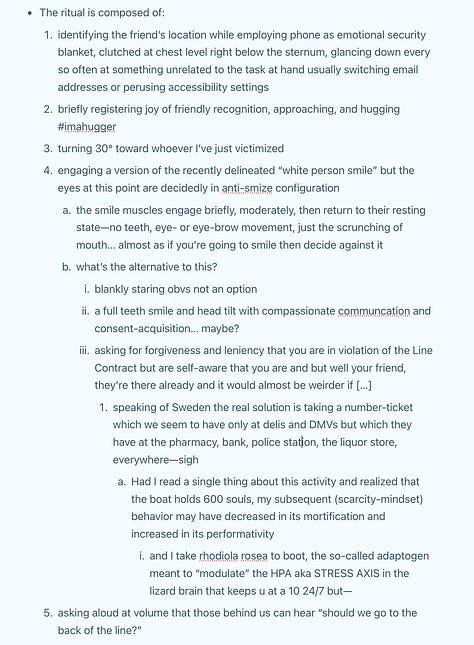

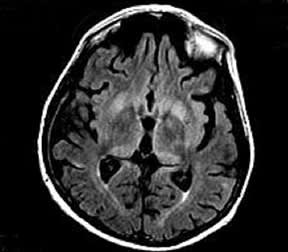
There was a second thing that I’ve been wanting, saying, and even writing down both in journals and digitally, and setting reminders for on multiple apps, yet not doing: to go through my journals chronologically and do a sorta highlight reel both to refresh my own memories, to expand upon ideas and observations, to titillate and entertain and get back into the habit of both starting and finishing things. As a plus, maybe patterns would emerge that were invisible 2 me at the time of their writing and The Present3.
What I saw instead with the earliest folio was…. dark, admonitions, “musturbating”, injunctions, “YOU HAVE TO STOP || START DOING _____”. Again not very bode-y well-y for first virgin substack... so while arranging them chronologically, I took a few peeks at random entries and happened to see the word akrasia (weakness of will) in legal pad June-Sep (2016) and the lilac March-April (2022) and took it as a sign.
Before I begin, two quotes come to mind, one from Flannery O’Connor:
writing is a terrible experience, during which the hair often falls out and the teeth decay.
Another from Slavoj Žižek:
I have a very complicated ritual about writing, it’s psychologically impossible for me to sit down so I have to trick myself. I elaborate a very simple strategy which for me works—I put down ideas, but I put them down usually in a relatively elaborate way, like the line of thought already written in full sentences. So after a certain point I tell myself—’No, I’m not yet writing, I’m just putting down ideas.’ Then at a certain point I tell myself, ‘everything is already there, now I just have to edit it!’ So that’s the idea, I split it into two: I put down notes, I edit—writing disappears.
I, too, have this disease. So what follows are my musings, other ppl’s musings, research, neurology, and philosophy, in a phrase “ideas put down”. I’ll spare the post-therapy insights in all caps and injunctions and personally identifiable information about loved ones.
In order to make sure that I actually followed through with this extremely first-world problem and solution, I discovered beeminder.com when googling akrasia 4. It’s a service that makes you pay them cold hard $ if you don’t complete something by some deadline. Repeated failures to meet goals result in successively larger debits.
synonyms & glossary & also wats akrasia
Previous ideas for a first post included an analysis of Avatar (20??) that was on the hotel TV we stayed at the other week, language isolates, a critique of Netflix Savior Complex doc that was basically whitegirlgoestoafrica.tumblr.com, or G-coupled protein receptors.
And yet nary a post was published or even drafted. I (or rather my super-ego) began asking (viciously) Why do you say you’re going to do stuff then not do it? Why is starting a project so hard? And quite often. So I figured, why not write about that? Wanting and needing but not-ing.
First, some terms and related human evolutionary bugs:
akrasia
from a- (without) kratos (power)
the state of mind in which someone acts against their better judgment through weakness of will
a lack of self-control or acting against one's better judgment. It is sometimes translated into English as incontinence (lol)
avolition
interesting etymology here, where volition = exercise of will, and volo = “I will/intend”
the decrease in the ability to initiate and persist in self-directed purposeful activities
this touching wiki description “People with avolition often want to complete certain tasks but lack the ability to initiate behaviors necessary to complete them”
interest in this is… rising according to PubMed search, and also interesting is the fact that almost all the results are about negative symptoms in schizophrenia, a disease mediated by everyone’s fav neurotransmitter (scientists aren’t sure) DOPAMINE
abulia
from a + βουλή - will
this is more like a brain damage thing where you can’t initiate actions or make decisions
this is like the final step before the most extreme of what we’re chatting about here, akinetic mutism where ppl don’t move or speak
self-regulation failure
woof
“learned helplessness”
anhedonia
“hyperbolic discounting”
“Amy Adams in Arrival” (keeping u, dear reader, on toes)
“ego depletion”
procrastination (more on this later)
“akathisia” so this actually isn't related, but it sounds similar, and kind of is related—”a movement disorder characterized by a subjective feeling of inner restlessness accompanied by mental distress and an inability to sit still. Those affected may fidget, rock back and forth, or pace, while some may just have an uneasy feeling in their body.”
Interestingly this and this other thing tardive dyskinesia r caused by antipsychotic medications, esp the ones that block dopamine receptors… and when they leave the system there's all this excess… all this agonizing… and not only does dopamine do that motivation to get a reward thing5, but also (along w others) regulates motor neurons n movement, en somme, a sort of hellish physical impetus to do do do without any volition or desire. Hmm.
There’s a study where they removed mouse dopamine receptors and they perished because even though they were sniffing the foot, indicating desire for it, they did not have the drive to move toward it. I have felt like this mouse b4.
Anyway, they all involve wanting to do something and then not doing it. And that’s because we don’t have free will. JK!! (unless…? maybe…?)
scientists aren’t sure
Here’s the good ole def:
Motivation is an internal state that propels individuals to engage in goal-directed behavior. It is often understood as a force that explains why people or animals initiate, continue, or terminate a certain behavior at a particular time. It is a complex phenomenon and its precise definition is disputed.
And here’s a good ole diagram whose accompanying text has some almost poetic observations6.
How motivation works neurologically will require the frustrating but valid “scientist’s arent sure”.
Which is ofc not to say nothing is known—a constellation of observations from ppl with brain injuries in specific regions, drugs that do one thing or another, PET scans while looking at lurid images, even the moribund examination of the brain of the deranged during autopsy.
To illusatrate, let’s do a lil foray into the complexity of Ms. Brain. If you give an agitated person a Haldol, dopamine antagonist, they’ll reliably chill out7. If you give someone with restless leg syndrome/Parkinsons a dopamine agonist it’ll (maybe) cause pathological gambling, failed marriages, inability to feel fear, compulsions of all genre. Reading the reviews on it are positively harrowing:
d2
Oh, and that only acts on d2 receptors; there being several dopamine receptor subtypes. As mentioned, Haldol, an anti-psychotic is useful in treating schizophrenia as well, and is a so-called first-generation antipsychotic, antagonizing or reducing doparmine neuronal firing.
d3 et al.
But what about the second-generation ones Tyler? Oh, those now partially agonize dopamine receptors in addition to antagonizing the serotonin receptor subtype 5-HT2A; MaGiC MuShRoOMs and most psychedelics being agonists here kinda makes sense. Activation of the d3 receptor modulates glutamate, GABA, serotonin, and acetylcholine which they either inihbit or enhance. Oh and they’re not limited to the brain! They’re also in the pancreas where their activation lowers insulin secretion. Oh and the immune system as well they either supress or enhance inflammatory cytokines. And circadian rythyms. And crucial to physically moving your body. Oh and some are subject to nonsense-mediated mRNA decay (NMD) is a surveillance pathway that exists in all eukaryotes. D3 agonists have been shown to disrupt prepulse inhibition of startle (PPI), a cross-species measure that recapitulates deficits in sensorimotor gating in neuropsychiatric disorders. And [….] that’s enough.
In Parkinsons, where dopamine receptors die, straight up dopamine precursors are given, but d3 receptors are being researched for the treatment of apathy, which, speaking of which, we should’ve included in the glossary:
Apathy can be defined as a lack of motivation or a deficit of goal-directed behaviors and results in a pathological decrease of self-initiated voluntary behavior.
But also d1 and d2 according to the real psychology today:
New research pinpoints how two dopamine receptors (D1R and D2R) incentivize motivation based on cost-benefit evaluations.
But, again, also d3:
Interestingly, we also found that pharmacologically targeting D3R efficiently reversed the motivational deficit induced by the lesion
Btw there are d1, d2, d3, d4, d5, and possibly d6, and d7 : ).
Ppl Who’ve Pondered This
King Spinoza
I have striven not to laugh at human actions, not to weep at them, nor to hate them, but to understand them.
Deleuze (and/or Guattari) (not a fan) wrote something like “There is no greater pleasure than going to a park bench with a Spinoza book.” Hard agree. (Bias revealed 8.)
Spinoza = no free will
:(all things are acted upon and determined by external forces and previous events and the mind can be understood as being subjected to same forces that exist in nature since were, like, in nature.
Rejoice though! There is “Freedom”—knowledge is power / know thyself
“We can see that if human freedom is constituted by activity, then freedom will be constituted by having clear and distinct ideas or adequate knowledge.”
(this is Schopenhauer, not Spinoza, but this made me think of the former’s axiom ditty, "Man can do what he wills but he cannot will what he wills.")
Replying to Descartes / Descan’t / Dessicant:
Decanter believed one could gain absolute dominion over emotions and tried his hardest but, per Spinoza, ended up merely “accomplishing nothing beyond a display of the acuteness of his own great intellect.” Oof.
Individuals suffering from depression exhibit a hyperactive, swollen, distended amygdala. Negative emotions, such as grief, anxiety, frustration, and fear, activate the amygdala, which in turn activate the hypothalamic-pituitary-adrenal axis and increase the production and secretion of stress hormones which further activates the amygdala and inhibit the hippocampus and prefrontal cortex (THE THING THAT ALLOWS U TO ACT RATIONALLY, OR TRY TO)
And just to really make things as difficult as possible, in contrast, there is reduced amygdala activity to emotional stimuli considered positive.
Again subtweeting Descartes and other Rationalists he wrote this banger: “Most writers on the emotions and on human conduct seem to be treating rather of matters outside nature than of natural phenomena following nature's general laws. They appear to conceive man to be situated in nature as a kingdom within a kingdom: for they believe that he disturbs rather than follows nature's order, that he has absolute control over his actions, and that he is determined solely by himself. They attribute human infirmities and fickleness, not to the power of nature in general. [….] “Nothing comes to pass in nature, which can be set down to a flaw therein; for nature is always the same, and everywhere one and the same in her efficacy and power of action”
They r en somme inextricably linked:
“To summarize, both emotion and motivation are crucial for the maintenance of psychological and physiological homeostasis, while emotional roles are particularly important in the process of encoding new information containing emotional components. The latter increases attention toward salient new information by selectively enhancing detection, evaluation, and extraction of data for memorization. In addition, motivational components promote learning and enhance subsequent memory retrieval while generalizing new events consequent to adaptive physiological changes.”
let’s end with one of his biggest bangers that I think of once a week 10 years after reading it:
I shall, therefore, treat of the nature and strength of the emotions according to the same method, as I employed heretofore in my investigations concerning God and the mind. I shall consider human actions and desires in exactly the same manner, as though I were concerned with lines, planes, and solids.
Nietzsche
Him & Spinoza had a situationship, and when he first came across Spinoza’s writings he kinda manically fangirled:
“I am utterly amazed, utterly enchanted! I have a precursor, and what a precursor! I hardly knew Spinoza: that I should have turned to him just now, was inspired by ‘instinct.’ Not only is his over-all tendency like mine – namely to make all knowledge the most powerful affect – but in five main points of his doctrine I recognize myself; this most unusual and loneliest thinker is closest to me precisely in these matters: he denies the freedom of the will, teleology, the moral world-order, the unegoistic, and evil. […] in summa: my lonesomeness, which, as on very high mountains, often made it hard for me to breathe and make my blood rush out, is now at least a twosomeness. Strange!”
Denial of the freedom of will was a bonding point 9
Akin to Spinoza’s “no free will but possibility of freedom” Fred went on to develop the “will to power”
which, at first I was going to say was akin to Spinoza’s conatus, but after googling “conatus vs. will to power”, it was apparently contentious with even theses written about it with—the gist being that Nietzsche turned on Spinoza (notice a pattern?) and characterized conatus as mere self-preservation as pewny and that “a tendency to increase one’s power is the fundamental characteristic of life” and as Hannah so obviously points out here
The striving for increase of power is thus a natural implication of the striving for self-preservation of a thing which is conscious of its striving – such as, for example, a human being. Human beings and, potentially, other self-conscious beings too, therefore naturally tend to increase their power; this tendency is involved in their very affirmation of power.
So, let’s say, the “will to powe”r was HEAVILY INSPIRED by conatus : )
But, he also pointed out that "To be fruitful is to be rich in contradiction" (The Gay (NOT THAT KINDA GAY) Science, § 163)
Kahneman
also a kinda free will is an illusion fella
in his magnum opus, he talks a bit about oriming tests which are experiments that show how our behavior can be affected by subtle cues or stimuli that we are not consciously aware of, or:
Nonconscious ‘wants’ can be triggered in some circumstances by subliminal stimuli, even though the person remains unable to report any change in subjective feelings while motivation increases are revealed in their behavior
Two such priming studies:
John Bargh and his colleagues (1996) found that participants who were exposed to words related to old age (such as "wrinkle" or "bingo") walked more slowly when leaving the laboratory than those who were exposed to neutral words. This effect occurred without the participants' knowledge or intention, suggesting that their actions were primed by the words they saw.
Nisbett and Wilson (1977), who showed that participants who were asked to choose between four identical pairs of nylon stockings preferred the pair on the rightmost position, even though they could not articulate any reason for their choice. When the researchers changed the position of the stockings, the preference shifted accordingly. The participants were unaware that their choice was influenced by a simple spatial bias, and they confabulated explanations for their preference based on irrelevant features of the stockings.
He posits that we have two cognition systems in Thinking Fast and Thinking Slow, and that we love a heuristic and that the Fast often overrides the Slow.
There has been chatter about reproducability with some of his studies
Tyler Sayles
Ya, yrs truly. Firstly, I’d say that I am a compatabilist, meaning that free will and determinism can exist concurrently without paradoxes as with “nature and nurture”.
On Procrastination
What follows is a bit, or a lot, of this:
The more I type the more I realize that akrasia, avolition, abulia are fancy words for will-breakdowns. Procrastination is probably the most accessible example of this. This wait but why magnum opus has immediately altered my brain chemistry.
The theory goes, ppl who procrastinate have an “instant gratification monkey” coexisting in their mind, hell-bent on short-term rewards (you’ll recall “hyperbolic discounting”) that leads to a negative self -efficacy and -esteem feedback loop. It is only vanquished by “The Panic Monster”, who appears when social ostracism, imminent firing, or worse threatens.

This psychological configuration leads three probs, here quoted in full bc it’s so succinct and […]-ing any of it would be a disservice to anyone who happens to read this.
It’s unpleasant. Far too much of the procrastinator’s precious time is spent toiling in the Dark Playground, time that could have been spent enjoying satisfying, well-earned leisure if things had been done on a more logical schedule. And panic isn’t fun for anyone.
The procrastinator ultimately sells himself short. He ends up underachieving and fails to reach his potential, which eats away at him over time and fills him with regret and self-loathing.
The Have-To-Dos may happen, but not the Want-To-Dos. Even if the procrastinator is in the type of career where the Panic Monster is regularly present and he’s able to be fulfilled at work, the other things in life that are important to him—getting in shape, cooking elaborate meals, learning to play the guitar, writing a book, reading, or even making a bold career switch—never happen because the Panic Monster doesn’t usually get involved with those things. Undertakings like those expand our experiences, make our lives richer, and bring us a lot of happiness—and for most procrastinators, they get left in the dust.
In the follow up article, how to beat it, I experienced a jolt of i’m-not-alone-in-this 10
Let me start by saying that I’ve had just about enough of the irony of battling through crippling procrastination while trying to write posts on procrastination and how to beat it.
A life of procrastination “makes one feel like a spectator in their own lives” and thereby reduces self-efficacy and internal locus of control. Sigh. The solution?
The procrastinator is in the bad habit, bordering on addiction, of letting the monkey win. He continues to have the intention to control the monkey, but he puts forth a hapless effort, using the same proven-not-to-work methods he’s used for years, and deep down, he knows the monkey will win. He vows to change, but the patterns just stay the same. So why would an otherwise capable person put forth such a lame and futile effort again and again? The answer is that he has incredibly low confidence when it comes to this part of his life, allowing himself to become enslaved by a self-defeating, self-fulfilling prophecy. The procrastinator’s problems run deep, and it takes something more than “being more self-disciplined” or “changing his bad habits” for him to change his ways—the root of the problem is embedded in his Storyline, and his Storyline is what must change.
The way to vanquish this mentality is by 1. effective planning 11 2. doing,.
The first thing you must do is make it through the Critical Entrance. This means stopping whatever you’re doing when it’s time to begin the task, putting away all distractions, and getting started. It sounds simple, but this is the hardest part. This is where the Instant Gratification Monkey puts up his fiercest resistance.
(Do refer to the glossary about akinetic mutism. “In the case of akinetic mutism, many patients describe that as soon as they "will" or attempt a movement, a "counter-will" or "resistance" rises up to meet them” - Oliver Sacks, Awakenings)
You need to prove to yourself that you can do it. You need to show yourself you can do it, not tell yourself. Things will change when you show yourself that they can. Until then, you won’t believe it, and nothing will change.
A favorite personal strategy to get me going is to imagine that if I don’t get <INSERT TASK> done I will be fired, unemployment will evaporate, my partner will revile me, and I will end up having to find refuge beneath an overpass. He describes this as the creation of a panic monster:
Create a Panic Monster if there’s not already one in place—if you’re trying to finish an album, schedule a performance for a few months from now, book a space, and send out an invitation to a group of people […] Lock yourself into something—put down a non-refundable deposit for lessons or a membership.
Last bit from this procrastination proclamation: the author asks why he thinks about this so much and why write 3,500 words on it (oh no, I just checked post info and I’m approaching 5,000)? His answer is gorg and mirrors my own preoccupation, as evidenced by the word re-appearing throughout the years in my journals:
Because defeating procrastination is the same thing as gaining control over your own life. So much of what makes people happy or unhappy—their level of fulfillment and satisfaction, their self-esteem, the regrets they carry with them, the amount of free time they have to dedicate to their relationships—is severely affected by procrastination. So it’s worthy of being taken dead seriously, and the time to start improving is now.
But I’m going to try the $5 thing instead and report back.
Has anyone checked Psychology Today's Substack? Do yourself a favor and do and don't depending on your aura. They were suggested for me to follow, so I did a little clicking, and something disturbing is happening chez them. The content consists entirely of the most trite, self-evident, bot-generated-suspicion-arousing observations, such as in "10 Useful and Social Psychological Facts That Will Blow Your Mind," including destiny-altering insights such as:
People are more likely to be persuaded by someone who is similar to them in appearance or background. (???)
People are more likely to overestimate their own abilities and underestimate the abilities of others. (OK maybe some ppl haven’t heard of Dun & Krug)
People are more likely to remember information if they learn it in a positive emotional state. (Misleading)
People are more likely to believe something if they hear it repeated multiple times. (duh)
And that’s all she (or he, “@writer” is their username) wrote and writes—in no post is there an intro, body copy, dénouement, sources linked—bizarre. The true “mind blowing” event was seeing just how much they’d committed to the listicle format. Suspiciously, with minimal latency, “@writer” even liked my comment on how troubling the content was:
If you’d like a new drinking game, perhaps of an adaptogenic elixir or NA beer or B*d light, take a swig every time job is mentioned on their about page:
Knowledge Wisdom is a Professional Human Psychology Stories and Jobs Platform. Here we will provide you only Human Psychology Articles and Jobs Content, which you will like very much. We’re dedicated to providing you the best of Jobs, with a focus on dependability and Knowledge. We’re working to turn our passion into a booming online jobs website. We hope you enjoy our jobs updates as much as we enjoy offering them to you.
I will keep posting more important jobs on my Website for all of you. Please give your support and love.
In their nav bar they have a dropdown “More Jobs”, the first item being “Female Jobs” with titles like:
Government Jobs for Women: Which One is the Best Fit for You?
How to Find a Job Vacancy (Without Pulling Your Hair Out)
The Top Five Jobs for Girls - and Why They're Great!
Apparently in the top 5 is Dental Hygienist—the reason this rocks for Girls? “Dentists aren’t always seen as one of those female-friendly professions, but you’d be surprised at how many women are dominating in dental hygiene.”
And to top off the paranoia of it all is that every suggested article links to “knowledgewisom.xyz” and notably not to the legitimate https://www.psychologytoday.com/us and is basically and every page loads 3 petabytes of ads and malware.
Anyway. Investigative journalist vibes. I should’ve made this a separate post, but I truncate this tangent with my fav title from mental health jobs site:
Prions are misfolded proteins which sounds harmless until you look at their fatality rate.
all we have is the present moment there is no destination etc. i have read the first 20 pages of Total Freedom, Tolle’s Tomes, and even paid for annual subscription to Headspace. Lay off.
(U oughta skip if not a software developer) When poking around the dashboard post signup in a graph I saw a lil blue line in the center “Akrasia Horizon” and did a Jon & Kate + 8 quintuplets take. A real Pynchon-y moment of paranoia, as I hadn’t written the word down during onboarding… When I was exploring the markup (i.e. not writing) I saw the HTML was littered with akrasia.
So I inspected the page (read: not writing) and the HTML is littered with our word of choice.
<a
title="Feature announcements, press roundups, PSAs,
and guest posts. Even some fairly scientific articles on
behavioral economics and the psychology of akrasia."
href="<https://blog.beeminder.com/>"
>
Blog
</a>
<meta
name="keywords"
content="akrasia, self-binding, goal tracking, incentives"
>
// script name file paths
<script async="" src="./beeminder-akrasia-dashboard_files/uwt.js"></script>Finally this funny IE bit of humor:
<p>
Beeminder is pretty broken on IE<9. Do you have Firefox or Chrome or Safari or Opera or IE10+ or
<a href="<http://whatbrowser.org>">anything else at all</a>?
</p>
<p>
As a token of our deep shame for being the kind of developers who don't support IE, here's an ewok dressed like a bee!
</p>
<div id="kitteh">
<img
src="/assets/beecat-bf504f07a4e20b7bf9539cc64ff6ce5837967db319103b2c99615993f8e1a90e.jpg"
/>
</div>
Even the role of rewards is contentious—check out this confusing ass abstract:
Our results suggest that in general, rewards are not harmful to motivation to perform a task. Rewards given for low-interest tasks enhance free-choice intrinsic motivation. On high-interest tasks, verbal rewards produce positive effects on free-choice motivation and self-reported task interest. Negative effects are found on high-interest tasks when the rewards are tangible, expected (offered beforehand), and loosely tied to level of performance. When rewards are linked to level of performance, measures of intrinsic motivation increase or do not differ from a nonrewarded control group.
“Confusion is not an emotion but a cognitive disequilibrium state induced by contradictory data. A confused student might be frustrated with their poor understanding of subject matter, and this is related to both the SEEKING and RAGE systems, with a low-level of activation of rage or irritation, and amplification of SEEKING.”
“In addition, functional neuroimaging showed that the insular cortex, the secondary somatosensory cortex, the cingulate cortex and nuclei in the tegmentum and hypothalamus are the brain regions that regulate attentional focus by integrating external and internal inputs to create emotional feeling states, thus modulating a motivational state that obtains homeostasis (Damasio et al., 2000). All emotional systems associated with strong motivational components such as psychological salient bodily need states operate through the SEEKING system that motivates appetitive/exploratory behavior to acquire resources needed for survival (Montag and Panksepp, 2017).”
This is commonly what’s in the syringe given to “person shows up to ER freaking out or violent” scenario.
Also, motivated to always remember how life changing reading The Ethics was to my 19 year old (not fully developed) brain, I tattoed SPINOZA on my knuckles.
A gorg analogy of this is his passage Am Wasserfall:
“When we see a waterfall, we think we see freedom of will and choice in the innumerable turnings, windings, breakings of the waves; but everything is necessary; each movement can be calculated mathematically. Thus it is with human actions; if one were omniscient, one would be able to calculate each individual action in advance, each step in the progress of knowledge, each error, each act of malice.”
And there seems to be a class-consciousness-y becoming-aware of fight or flight induced quotidian tasks among the Knowledge Workers. Behold this. while (not) writing this post a (highly productive) coworker sent me this:
And for that, may I recommend goblin.tools (ELIGIBLE FOR COMMISSION, SIGN UP WITH MY CODE AKATHISA_420 […]) e.g. re w/r/t this very post—you enter a prompt or main idea that is not nebulous and then click the little blue magic wand and voila—and you can blue wand each subtask as well.







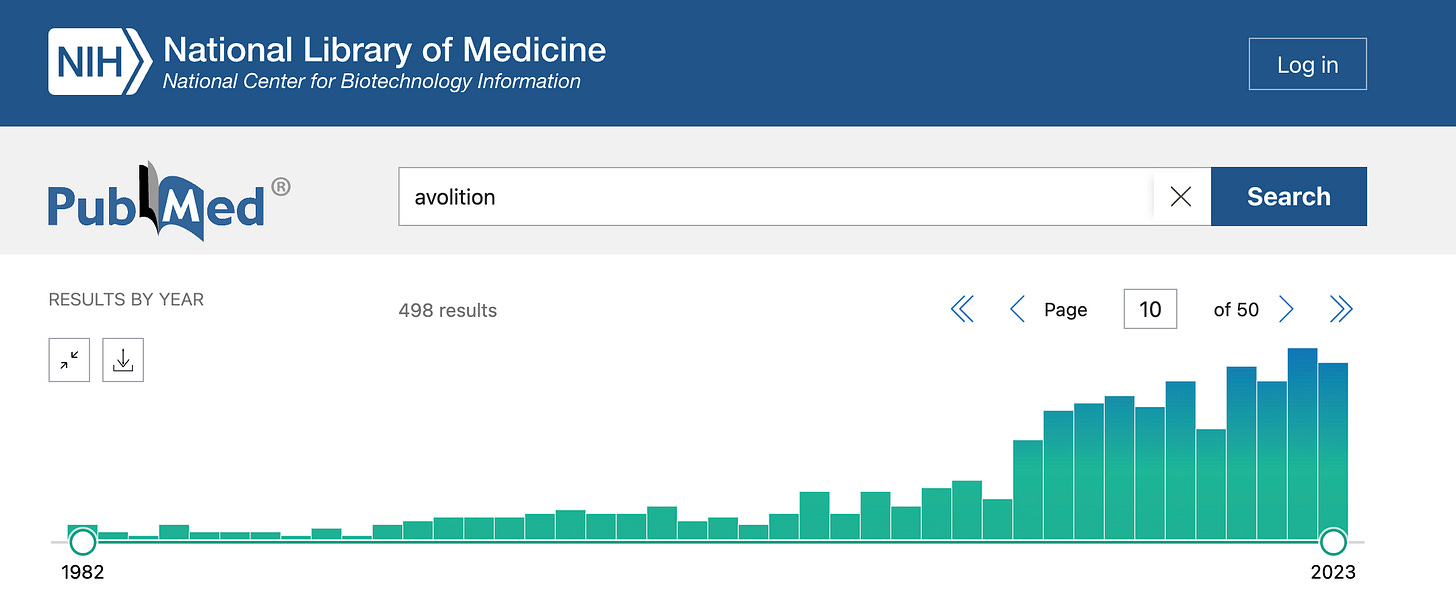
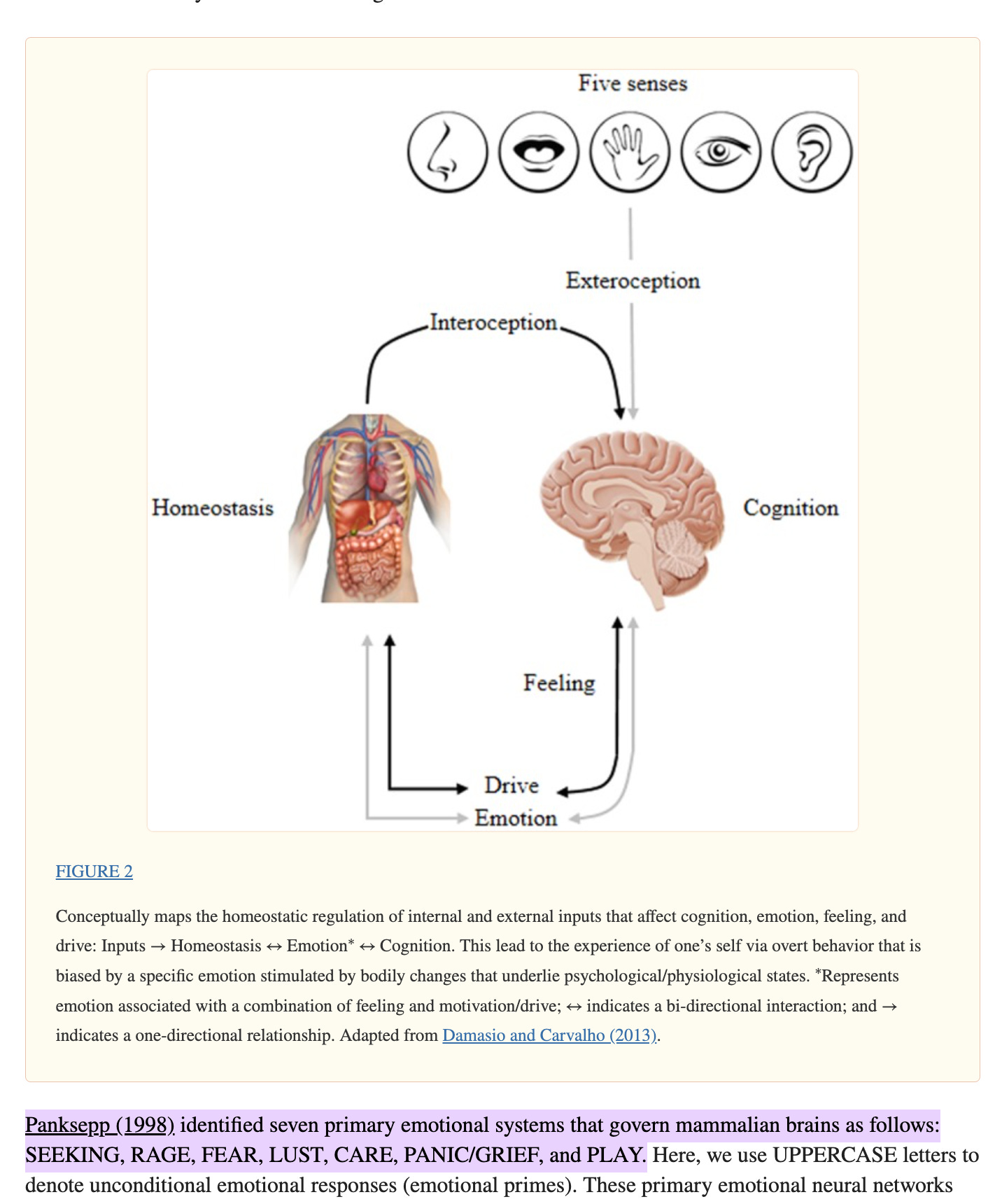
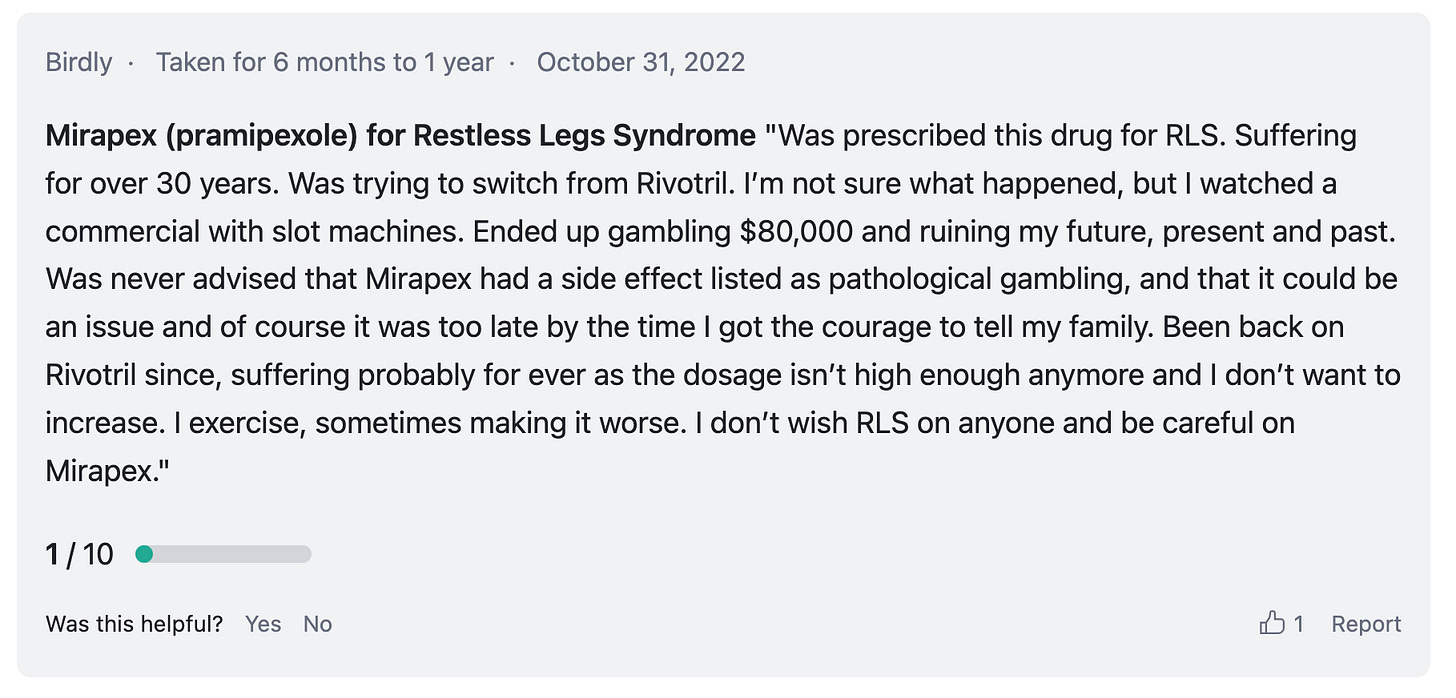
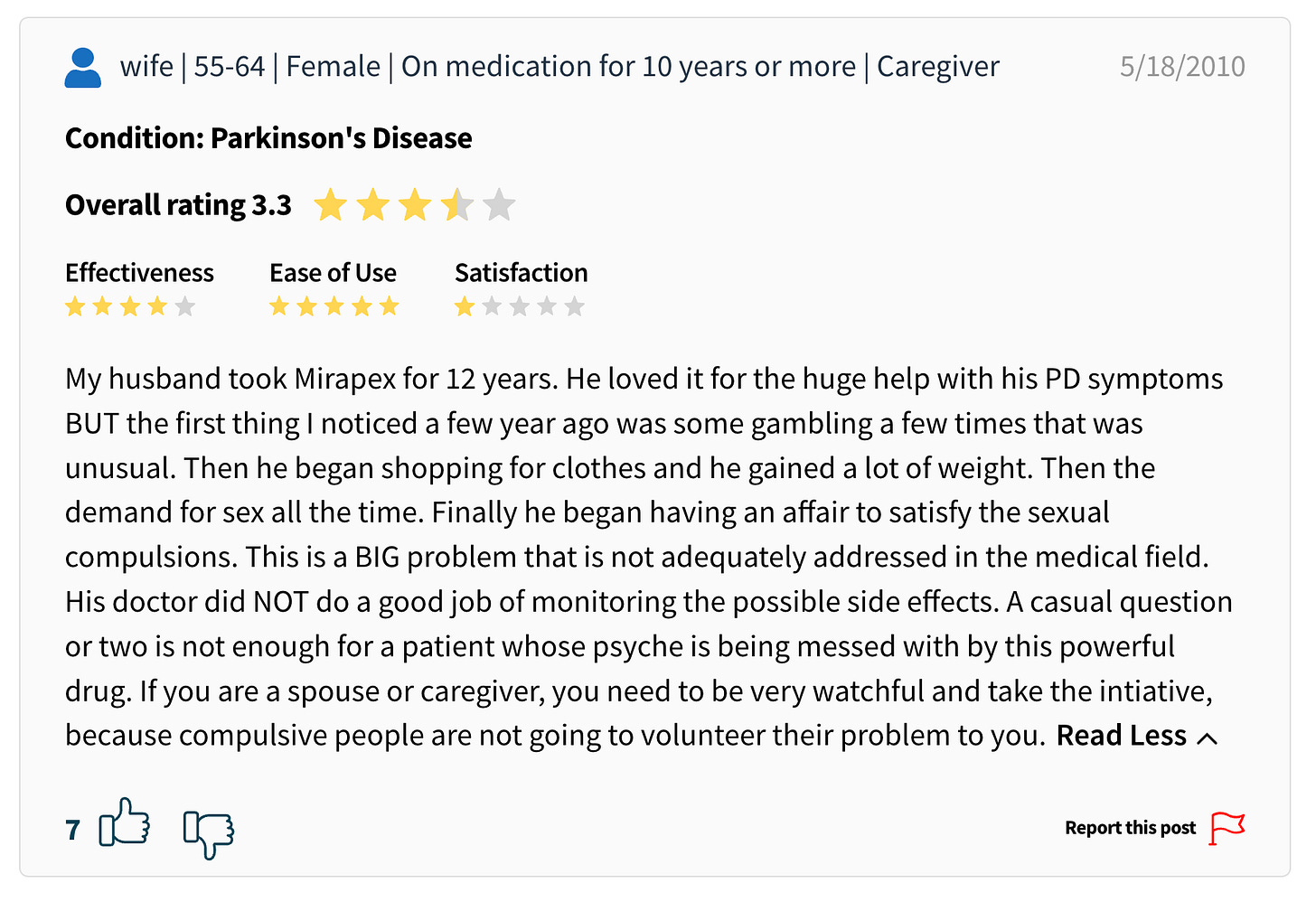

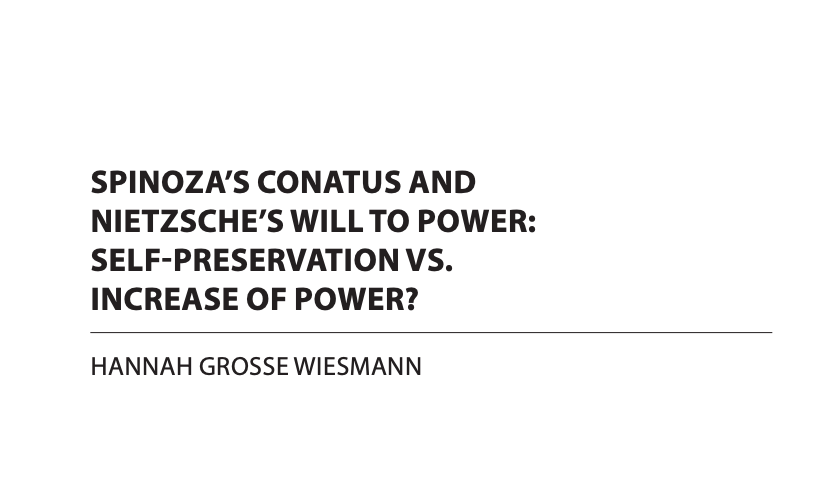

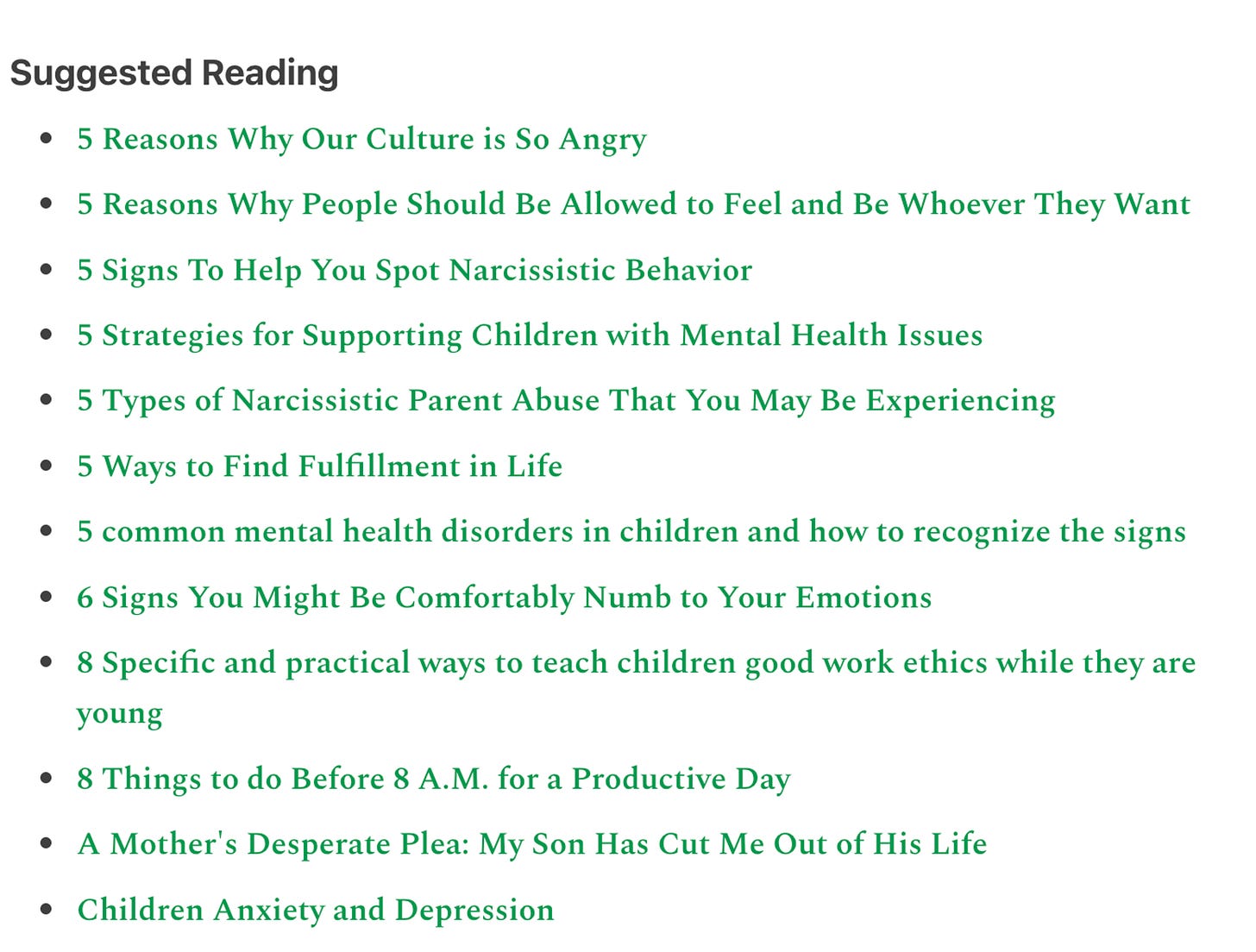
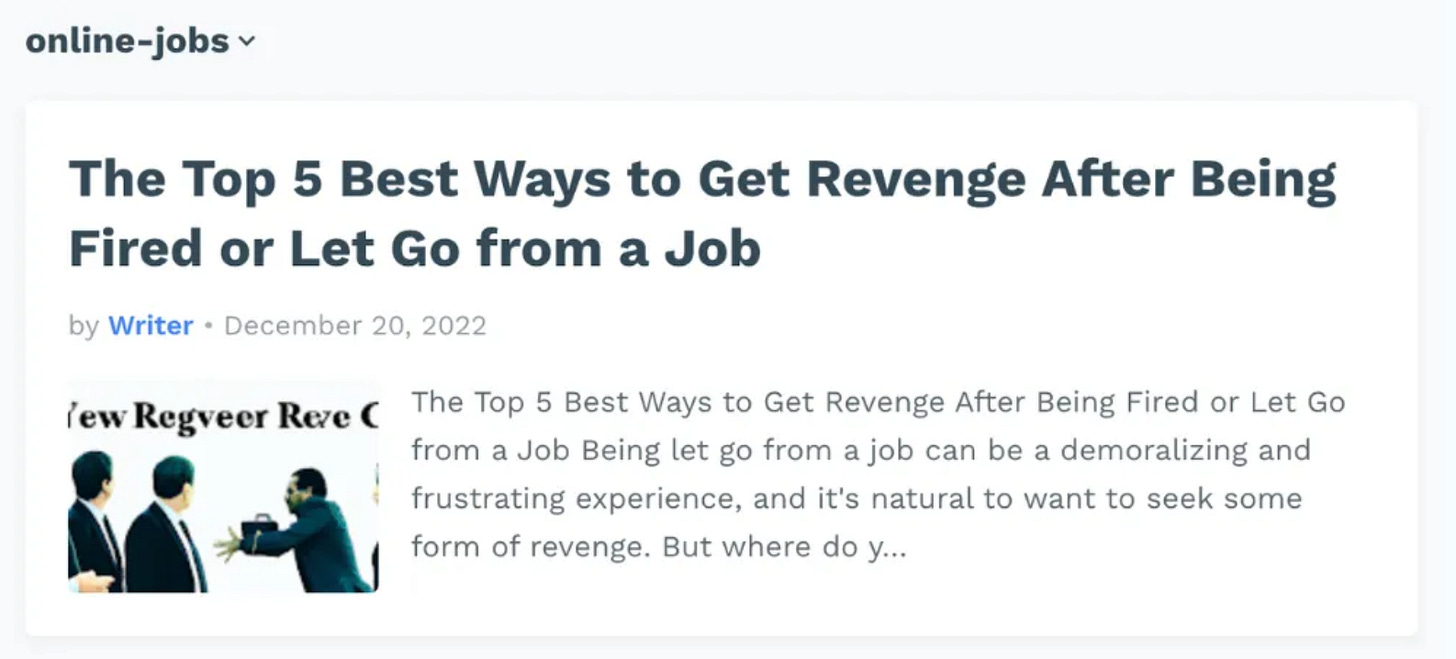

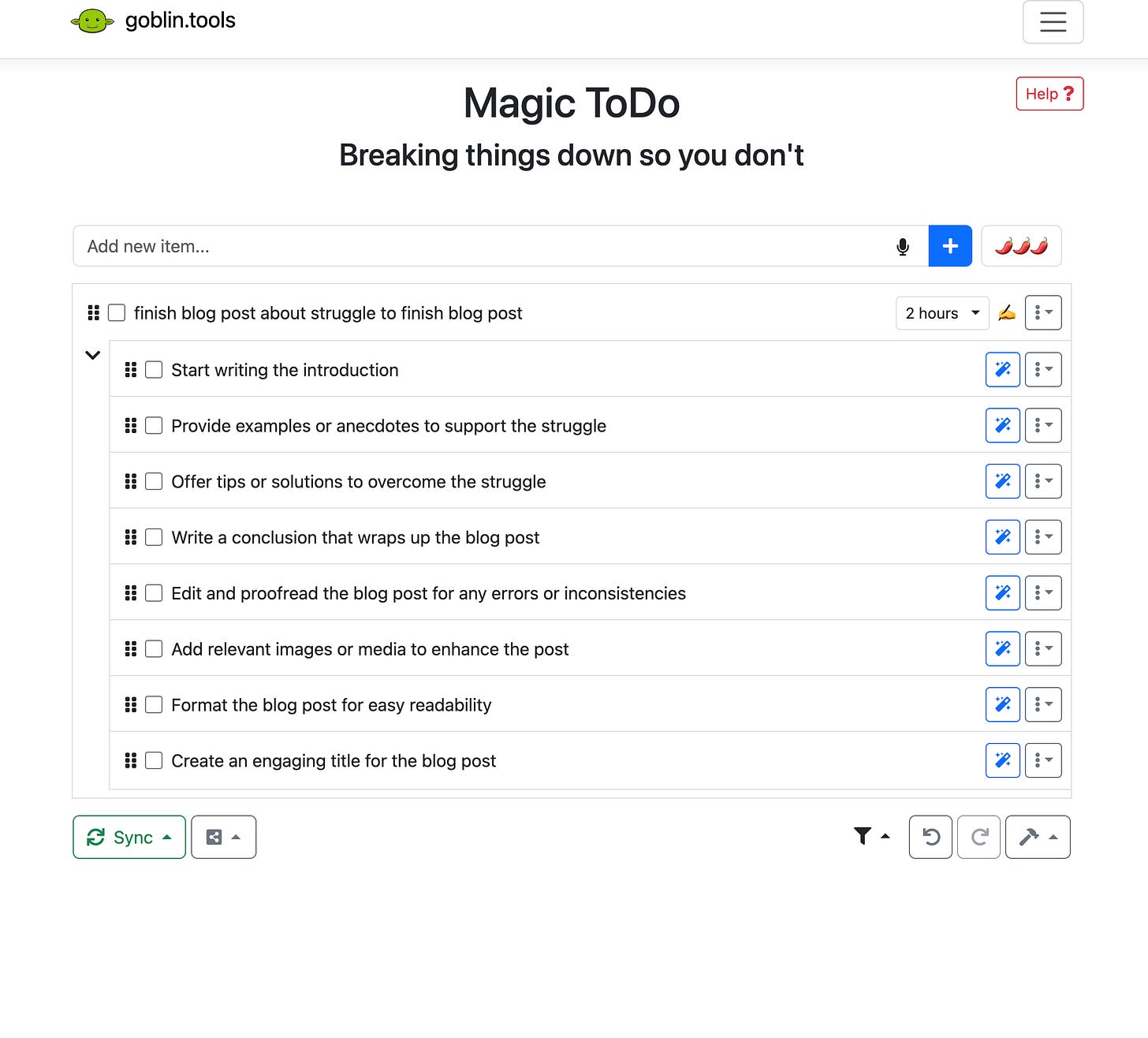
whoa